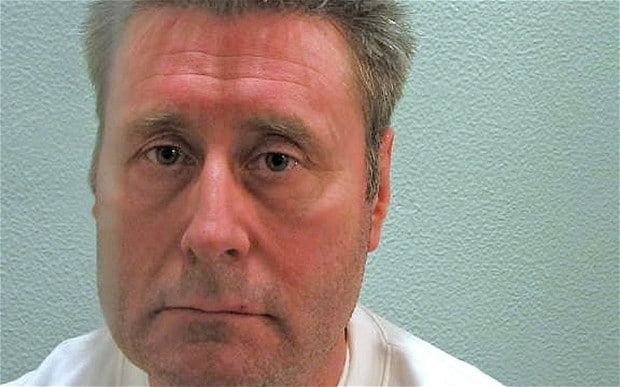‘Judicial impartiality sacrificed in the interests of expediency’
When the Parole Board announced the proposed release of John Worboys in January of this year, few commentators thought it was amenable to legal challenge, let alone that in due course the decision might be quashed. There was nothing wrong with this analysis in principle: the family of murdered child James Bulger, attempted to have a say on the killers’ sentencing but the court declined to give them the right to do so. Equally valid was the view that the Parole Board, as an expert tribunal (as it unquestionably is), would be given a degree of deference from any higher court on review that would make a successful challenge unlikely.
If there was anything notable about events as they later unfolded, such as for example, two of Worboys’ victims getting permission to judicial review the Parole Board, it was the later opinions expressed – some by those previously pessimistic, that this was inevitable or to be expected.
To be clear the Parole Board – like may other expert tribunals – is the subject of applications for judicial review on a fairly regular basis. Ordinarily the person bringing the challenge is a prisoner unhappy that an application for release has been refused or that the procedure in determining the application was in some way unfair. Indeed one of the issues in the Worboys case was that the reasons for his release had to be kept secret as a result of Rule 25(1) of the Parole Board Rules 2016 (the prohibition in publishing anything about it publicly).
Public law, which includes the right to seek a review of a decision by the high court, exists as a vital and important safeguard against, amongst other things, the unreasonable, or improper decision-making by the state. There is express provision in the rules for the Ministry of Justice itself to seek a judicial review of a decision of the Parole Board. Of course, doing so should be reserved only for the most exceptional cases and is an invidious position for the relevant Secretary of State – in this David Gauke, also Lord Chancellor – to find himself in. Gauke was attracted to the idea, announcing in early January that he had ‘commissioned advice on the plausibility of a judicial review and…[that he] is minded to move forward only if there was a reasonable prospect of success’. He later said his legal advice did not support him seeking a review.
In addition to the two victims, sections of the media and, somewhat ambitiously as it turned out, the Lord Mayor of London went where the Lord Chancellor feared to tread. They succeeded. The decision to release Worboys was earlier this week overturned, in summary for two main reasons: the failure to consider evidence of Worboys’ wider offending; and that Rule 25(1) was too wide and therefore unlawful. Worboys would be subject to a new parole hearing, presided over by a senior judge. There were other positives to come out of the near miss of Worboys’ release; a promise for increased victim-engagement and a change in the rules.
Once the two victims who brought the challenge secured permission to do so and in light of what emerged during the hearing itself perhaps the outcome was, in the end unsurprising. This does not detract from their bravery or the efforts of their formidable legal team.
What was surprising in the immediate aftermath of the hearing was that the chair of the Parole Board, Nick Hardwick was forced to resign on account of Gauke considering his position untenable. The Parole Board whilst defending its decision had in fact largely played a neutral role in the judicial review. It welcomed the scrutiny and Hardwick, an individual consistently referred to as a man of integrity, was himself on record as being an advocate of greater transparency and enhancing the role of the victim in its decision-making. Gauke’s decision, like the Parole Board’s original decision to release Worboys, is opaque – not by virtue of the operation of a formal rule, like 25(1) – but because of a complete absence of any logic behind it. There is a general consensus that there were failings on the part of both the Parole Board and the Ministry of Justice; in this sense they are equally culpable. As Hardwick rightly points out – if only the Parole Board accepts its responsibility the change necessary to reform its processes is likely to remain elusive. The decision to push Hardwick out is not just incomprehensible but is an attack on the independence of the Parole Board: judicial impartiality sacrificed in the interests of expediency.
The problems with the Parole Board are not new. A successful legal cause with some political currency has led to reform; this was not Gauke’s initiative but the latest failure that needed to be urgently repaired. Wallowing in the success of the bravery of two women who had to crowdfund their case because they could not get legal aid as a result of the cuts made to public funding by Gauke’s department has an air of voyeurism about it. With the crises enveloping his department including disclosure, miscarriages of justice, lack of representation, and the independent Bar about to unify to decline to accept legal aid work, there is an acute need for effective leadership at the Ministry of Justice. But leadership at times of crisis can be a rare commodity. The only evidence of it in this affair is in the dignity of the two victims and the admirable decision on Hardwick’s part, not to pass the buck to those he was responsible for in the Parole Board.
This article was first published on March 30, 2018






